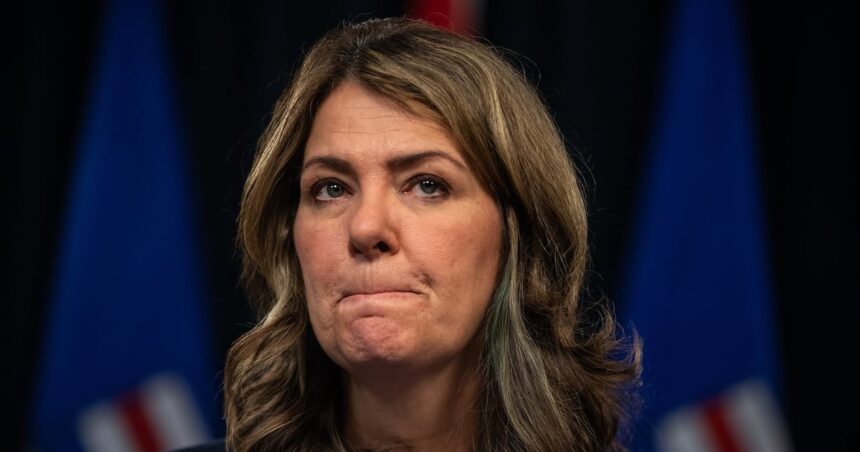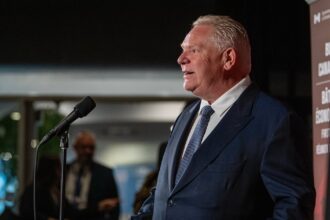The simmering undercurrent of separatist sentiment in Alberta has reached unprecedented levels according to Premier Danielle Smith, who delivered a stark warning to federal officials during yesterday’s intergovernmental conference in Calgary. Smith’s declaration that “Albertans’ desire for leaving Canada has never been higher” sent shockwaves through political circles nationwide as tensions between the province and Ottawa continue to escalate.
“I’ve lived in this province for over four decades, and I’ve never witnessed such widespread frustration with Confederation,” Smith stated, citing recent polling data suggesting that nearly 38% of Albertans would now consider supporting independence—a significant jump from the 25% recorded just eighteen months ago.
The catalyst for this surge in separatist sentiment appears to be the federal government’s recent implementation of stricter environmental regulations affecting Alberta’s energy sector. The Carbon Border Adjustment Mechanism, which came into effect in April, has been particularly contentious, with industry leaders estimating it could cost the province’s economy upwards of $4.3 billion annually.
Finance Minister Travis Toews reinforced the premier’s position, presenting economic analysis that suggests Alberta contributes approximately $27 billion more to federal coffers than it receives in services and transfers. “We’re effectively subsidizing federal programs that many Albertans fundamentally oppose,” Toews argued during the press conference.
Federal Minister of Intergovernmental Affairs Dominic LeBlanc dismissed the separatist concerns as “political posturing,” emphasizing that national polling indicates most Albertans remain committed to Canadian unity. “We’ve heard these threats before,” LeBlanc noted, “Yet the fundamental economic and social benefits of Confederation remain compelling for the vast majority of citizens.”
Political analysts point to several factors fueling the current wave of discontent. Dr. Alison Bramley, professor of Canadian politics at the University of Calgary, identifies three primary drivers: “We’re seeing a perfect storm of resource-based economic anxiety, cultural alienation from federal policies, and the influence of populist movements globally that emphasize regional autonomy.”
The “Free Alberta” movement has gained significant traction on social media platforms, with membership in online forums advocating for independence growing by over 200% since January. Movement organizer James Weatherby told CO24 News that “Albertans are tired of having their provincial interests subordinated to central Canadian priorities.”
Constitutional experts caution that Alberta’s path to independence would be legally complex and economically disruptive. “The constitutional hurdles alone would be formidable,” notes Dr. Patricia Monahan, constitutional scholar at McGill University. “The Supreme Court’s ruling on Quebec secession established that while a clear vote on a clear question would necessitate negotiations, there’s no unilateral right to separate.”
Economic forecasting from the Royal Bank of Canada suggests an independent Alberta would face significant transitional challenges, including currency establishment, trade renegotiation, and potential capital flight. However, the province’s resource wealth and relatively low debt-to-GDP ratio provide advantages that separatist advocates highlight in their economic vision.
Premier Smith has stopped short of explicitly endorsing separation but has announced the formation of an “Alberta Sovereignty Commission” to explore options for greater provincial autonomy within or potentially outside Confederation. This commission will deliver recommendations by December 2025, potentially setting the stage for a provincial referendum on Alberta’s future in Canada.
As federal and provincial officials prepare for next month’s First Ministers’ Conference, the question remains: has the relationship between Alberta and the rest of Canada deteriorated beyond repair, or is this merely the latest chapter in Canada’s ongoing federal-provincial tension that has defined the nation since its inception?










